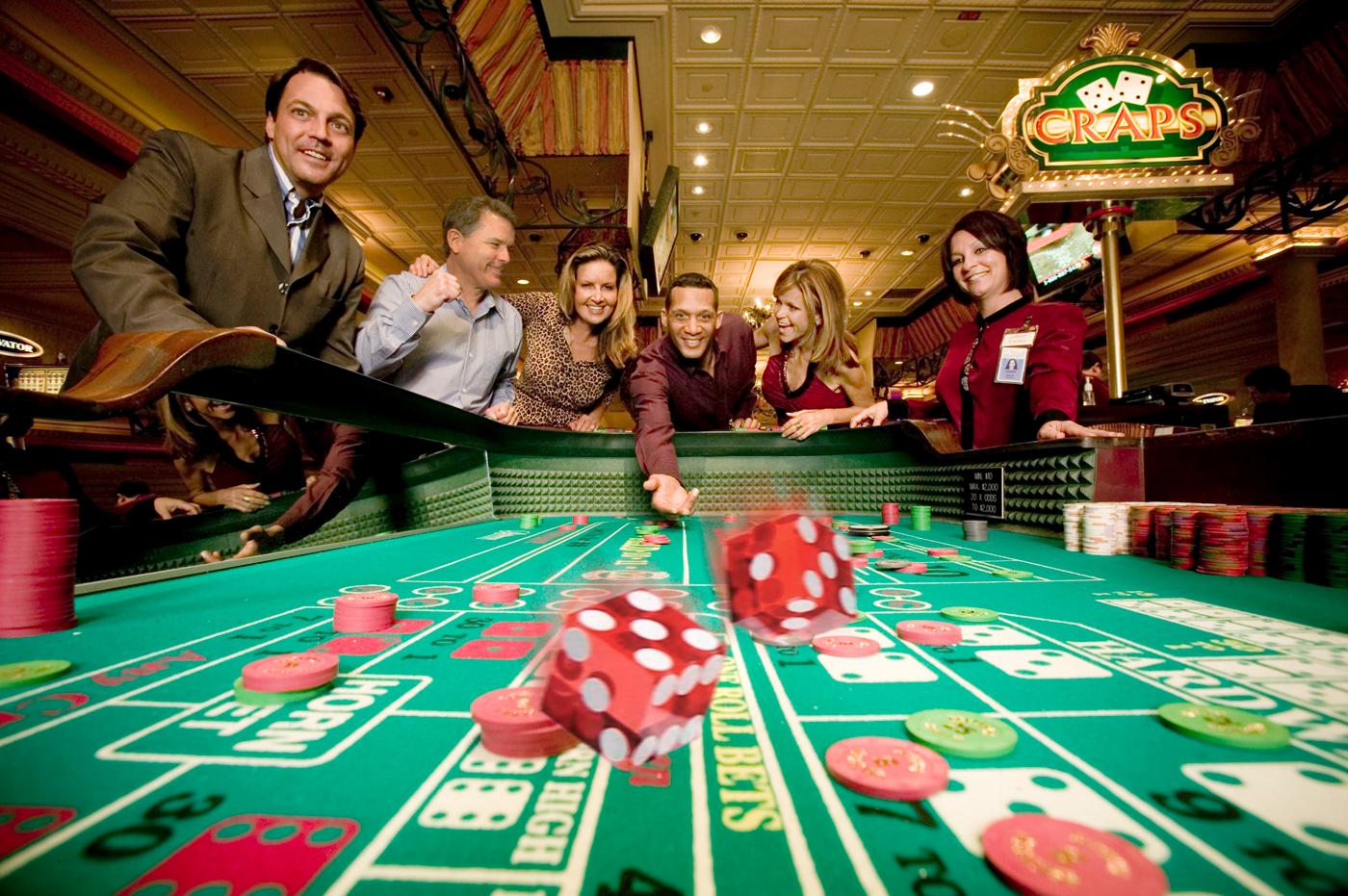A Cultural Influence of Gambling Games Worldwide

Casino games have long been a fascinating form of entertainment, drawing numerous of players from different cultures around the globe. From the glitzy casinos of the Strip to the busy gambling halls of the Cotai Strip, these games serve as a link that connects people across different backgrounds. The allure of fortune, strategy, and risk entices not only those hoping to gamble for profit but also those in search of a sense of community.
The influence of casino games extends well beyond the gaming floor. They often embody the cultural standards and traditions of the communities in which they flourish. Games such as seven-card stud, pontoon, and the spinning wheel have integrated into the tapestry of cultural phenomena, influencing various aspects from cinema to style. As we explore this fascinating intersection of luck and culture, we can comprehend better how gambling games shape and are influenced by the environment surrounding us.
Historical Progression of Casino Games
The roots of gaming activities can be followed back to historical cultures, where betting in different forms was widely performed. In the East, around 2300 BC, a variant of luck game known as Keno was common, while in old Rome, soldiers would frequently wager on the results of their games. The concept of using randomness for entertainment and income evolved over the years, leading to the establishment of more structured activities. By the late Middle Ages, betting houses started to surface in Europe, especially in the Italian peninsula, which introduced early versions of popular games still practiced today.
As gambling expanded popularity in European regions, the 17th and 18th centuries saw the rise of gaming houses as specialized venues for gaming. The earliest official gambling house, the Ridotto, was founded in the Venetian city in 1638, providing activities like Baccarat games and Faro games. This time marked a crucial shifting point, as gaming venues commenced to attract not just the elite but also the growing middle-income class. The refinement of activities evolved, leading to the development of new rules and versions that enriched the play experience.
In the 19th century, the era of industrialization and shifts in societal standards also changed the landscape of gaming games. The launch of roulette and contemporary one-armed bandits drew a broader clientele, and gambling establishments became seen as acceptable recreation. This period witnessed the globalization of casino activities, as casinos expanded from European nations to the Americas, culminating in the creation of the iconic Las Vegas Strip in the 1900s. The development of casino games has persisted into the current era, including technology and digital sites, rendering them accessible to a worldwide population.
### Cultural Importance within Different Societies
Gambling games have significant social importance within a multitude of communities around the world. đá gà 77WIN Places like Las Vegas, the very fabric of the urban landscape is woven around gaming venues, where playing is not just a pastime but a key aspect of social engagement and community life. The bright lights and vibrant atmosphere attract countless individuals, showcasing how casino games can influence local financial landscapes and cultural identities. This surrounding transforms the notion of relaxation into an immersive encounter that affects fashion, music, and even film.
Conversely, some communities approach wagering with more caution, considering it through the lens of ethical beliefs and heritage. For instance, in various Asian societies, games like Mahjongg and Pai Gow are rich with history and possess significant social relevance. These games are often played during meetings and occasions, fostering social ties and reinforcing kinship ties. The act of engaging in these games goes above mere entertainment, reflecting principles such as honoring elders and the significance of shared enjoyment.
Simultaneously, in continental countries such as the principality of Monaco and the Italian Peninsula, gambling activities serve as symbols of wealth and elegance. The elegant atmosphere of these establishments attracts both visitors and locals, maintaining a sense of status and rarity. The art of Texas Hold’em and the tactical components of games like baccarat are esteemed, influencing interpersonal interactions and cultivating an allure that fascinates a varied audience. This emphasizes how gambling can both echo and mold cultural perspectives towards hazard, gain, and community interaction.
Financial Influence and Travel Industry
Gambling activities play a important role in the economic landscape of many regions, particularly those that rely heavily on visitor traffic. The revenue produced from casino operations fuels local economies, creating jobs not only within the casinos themselves but also in connected industries such as hotel management, restaurant services, and recreation. This surge of tourists, drawn by the attraction of gambling and the overall gaming environment, stimulates spending across multiple local enterprises, contributing to the economic vitality of the area.
The existence of casinos often leads to the development of facilities, including lodging, transportation systems, and leisure amenities. These developments are essential in improving the overall tourist experience, making destinations more attractive to tourists. Additionally, many casinos contribute in local communities through sponsorship of events and philanthropic initiatives, further embedding themselves into the social fabric of the locality. 77win Such investment not only supports economic growth but also fosters a positive reputation of the gambling sector.
Moreover, the global popularity of casino games drives competitive tourism, with regions vying to attract gamblers from across the globe. Iconic destinations like Las Vegas and Macau have become synonymous with gambling culture, drawing millions each year. This advantage encourages innovation and diversification within the gaming industry, influencing developments in entertainment and hospitality that resonate beyond their limits. The ripple effects of this tourism extend far, impacting local financial health and cultural interactions on a global scale.